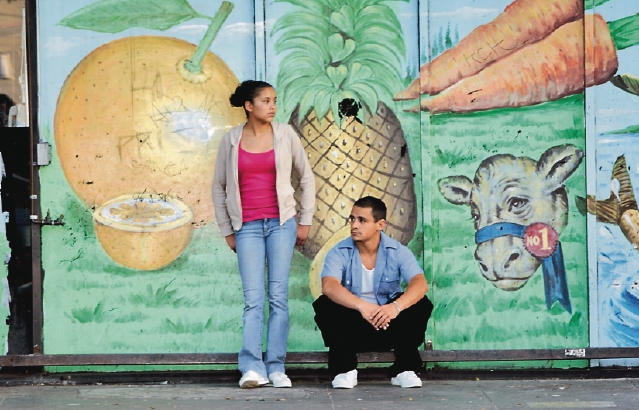Quinceañera
Indie Drama Explores Culture Clash On The Streets Of L.a.


“Damn pigeons.”
Latest Article|September 3, 2020|Free
::Making Grown Men Cry Since 1992


“Damn pigeons.”